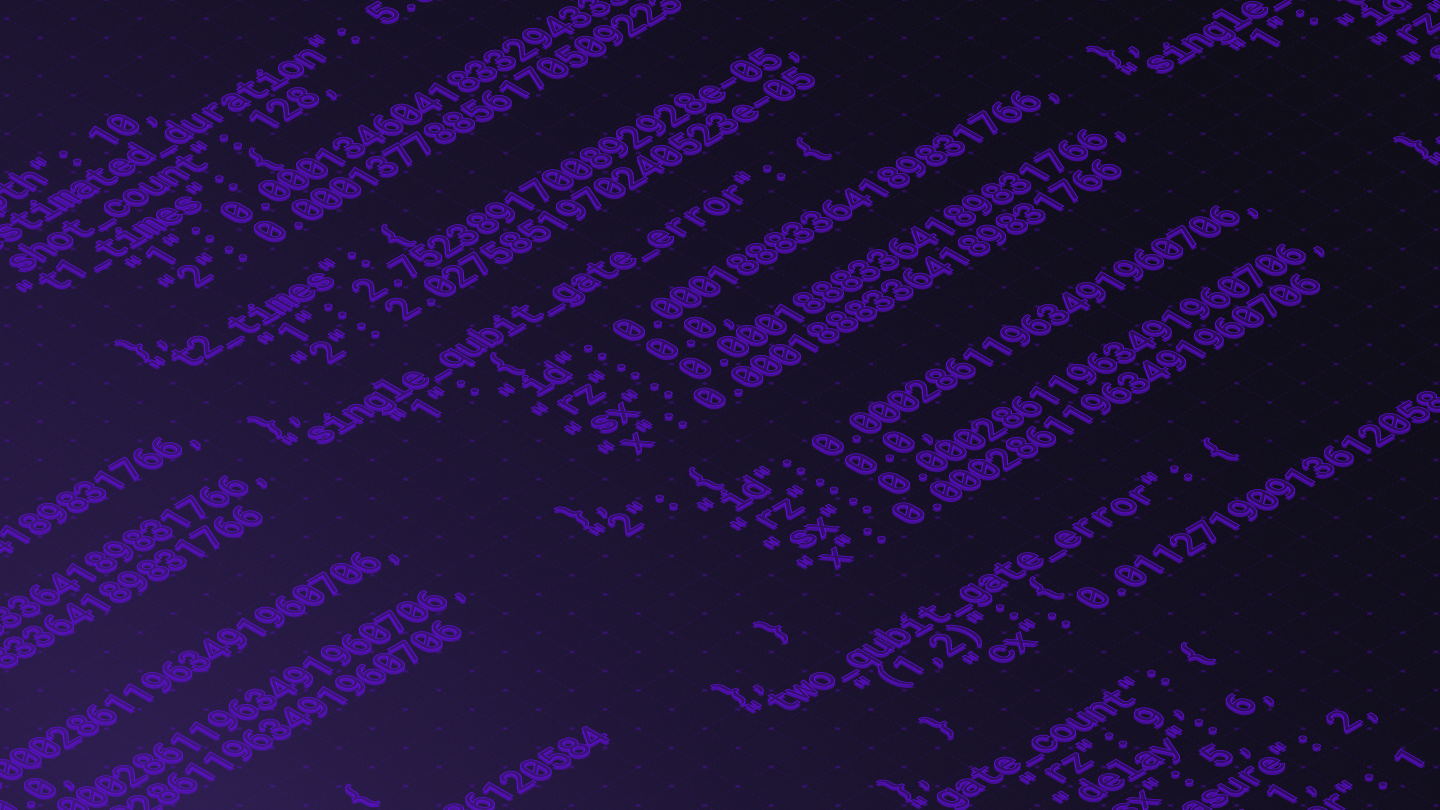How quantum control improves the performance of quantum computers

Quantum control is an exceptionally powerful field, allowing researchers, students, and algorithm designers to improve the utility and performance of quantum computers. Q-CTRL’s tools give users access to the most advanced capabilities in quantum control through a modern cloud-computing architecture. And we offer solutions for users from beginner to expert level.
Even for experts, however, it’s difficult to parse what quantum control can do, and why it’s so important in the emerging quantum computing stack. The field has developed within a highly specialized sub-community of practitioners, largely in academia. And while there’s a huge amount of collaboration, knowledge has largely remained within those specialist cohorts.
For instance, we all know that quantum control serves as a complement to quantum error correction. But how exactly? What are the specific benefits of relevance that make the introduction of quantum control into the QC stack so compelling?
Q-CTRL has been working hard to expand access to and the impact of quantum control. In our recent technical manuscript we laid out the primary laboratory validated benefits of the quantum control techniques enabled by our software packages:
- Suppress hardware error: Appropriate deployment of various forms of quantum control at the physical layer can therefore mitigate the deleterious effects of environmental perturbations and improve the logical error rate for quantum hardware. Naturally, producing logic operations with lower error rates increases quantum volume in real hardware.
- Mitigate performance variations: Quantum control minimizes hardware performance variations across a device, driving error rates towards the best-case performance, even in cases when the best-case performance in a device is not improved. This is especially important in integrated devices where fabrication variances can lead to huge variability across a chip.
- Improve stability and reliability: Quantum hardware suffers from drift in time and requires periodic recalibration. Over the course of this cycle, performance can degrade substantially from the quoted best case. Quantum control solutions have been demonstrated to ensure that performance remains approximately constant throughout an inter-calibration window, giving more reliable algorithmic performance.
- Build optimized error-robust circuits: Optimizing algorithms for time or gate count misses the opportunity to exploit control theoretic concepts in circuit design with the aim of suppressing errors. Appropriate circuit construction - via gate timing and optimized choice of operations - can provide deterministic error robustness without the need for additional overhead such as repetition when adding engineered error in zero-noise- extrapolation schemes. Due to its cross-compatibility it can augment circuit performance when used in combination with higher-level circuit compilation or Pauli-frame randomization schemes.
- Precondition hardware for QEC: Quantum control serves as a complement to higher-level logical encoding, maximally depressing hardware error rates to stochastic limits below fault-tolerant thresholds. QEC can then be deployed to identify and correct residual errors. In addition the homogenization of error rates in space and time closes the gap between best and worst-case device performance, ensuring fault-tolerant error rates are maintained across a logical block. Finally, the action of quantum control as a low-frequency noise filter reduces spatiotemporal correlations between residual errors, improving the resource-efficiency and efficacy of quantum error correction.

Perhaps the most exciting benefit of quantum control is how broadly a quantum control theoretic perspective can have impact. For instance, even QEC stands to benefit from introducing control theoretic insights into the quantum industry. Much of the foundational work in this field has been developed by the physics and computer science communities, with limited input from engineering. But Quantum Error Correction can actually be expressed as a form of feedback stabilization using a specialized and highly constrained measurement model.
Importing insights from quantum control engineering promises to help reshape the way we design and operate quantum computers. You can get started with quantum control today through our professionally engineered products.
Download the technical manuscript 'Software tools for quantum control: Improving quantum computer performance through noise and error suppression' here.



